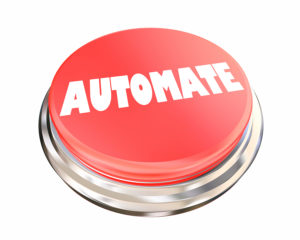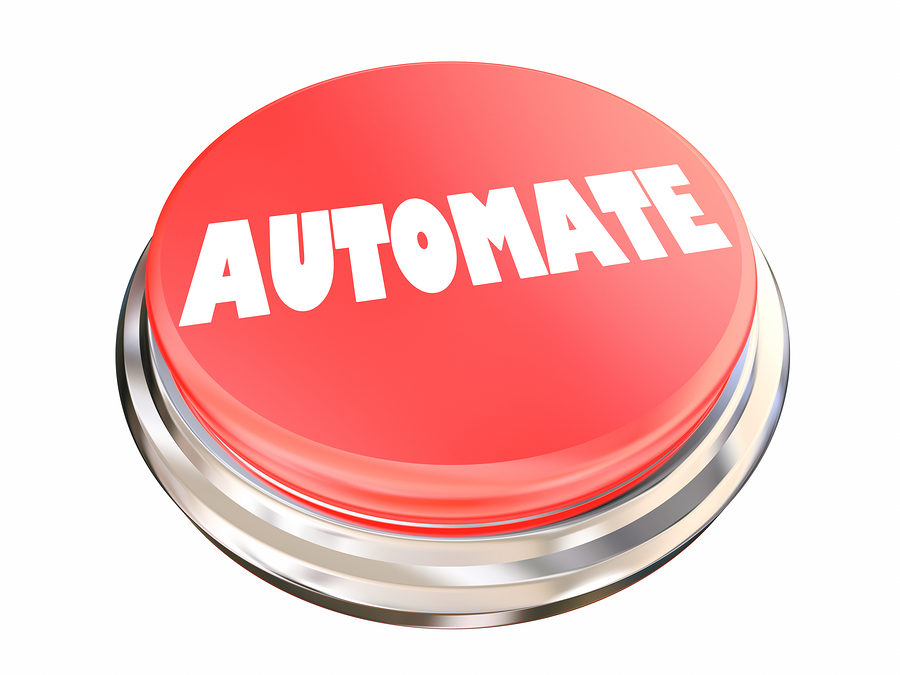 “Automate or die.” This phrase has been applied to a variety of industries as companies seek to optimize their business operations while also cutting costs. As a relatively late adopter of automation technologies, the food industry hasn’t quite reached this ultimatum yet. But, as more companies proceed along the lines of digital transformation, and as the workforce gap continues to grow, we’re getting there.
“Automate or die.” This phrase has been applied to a variety of industries as companies seek to optimize their business operations while also cutting costs. As a relatively late adopter of automation technologies, the food industry hasn’t quite reached this ultimatum yet. But, as more companies proceed along the lines of digital transformation, and as the workforce gap continues to grow, we’re getting there.
With consumer demand leaning more and more toward artisan bread, bakery might not seem as ripe for automation as other segments of the food processing industry. In reality, growth in the artisan market is fueling the need for automation across the bakery segment. Let’s look at 7 benefits of automating your bakery processing lines.
1. Higher throughput
It shouldn’t come as a surprise that boosting throughput is the top reason many companies seek to automate their lines. Humans simply can’t work as quickly as machines, which can run 24/7 and don’t need breaks.
The throughput gain you can achieve with automation depends on your specific application and process. But a look at the past 5 years of data from Food Engineering’s State of Food Manufacturing Survey suggests that processors typically expect automation to be a key driver of throughput increases of 10-15%.
2. Smaller equipment footprint
The trick about higher throughput is that processors want to achieve it without having to expand their facilities. In fact, many processors are looking to decrease their equipment footprint so they can fit more equipment into their existing buildings.
Automated equipment typically takes up less room than non-automated equipment with equivalent capacity, so you get more bang for your real estate buck.
3. Tighter quality control
Your customers expect every product that comes off of your line to meet specifications. That’s because, for consumers, consistent quality is a key determinant of trust in a brand. Rolls that are undercooked or stuffed crust pizzas that are missing their stuffing won’t draw repeat consumers.
Automation ensures consistency, which further increases throughput by decreasing yield loss, because fewer off-spec products have to be thrown away.
4. Improved food safety
People are a major cause of cross-contamination in food processing plants. Workers who don’t follow Current Good Manufacturing Practices (CGMPs) can easily transfer microorganisms and allergens to food. Even those who do follow CGMPs can disperse bacteria into the air by kicking up dust as they walk or push bins or carts around a plant.
Automation removes people from the processing equation, thus eliminating the risk of human-caused cross-contamination.
5. Reduced labor costs
The manufacturing labor shortage has been weighing on the food industry for several years, and it’s showing no signs of letting up.
The bakery industry, in particular, has been suffering. A 2016 study by the American Bakers Association and the American Society of Baking found that “the baking industry is deficient in employees in all areas of production with leadership skills, problem solving and decision making skills, as well as baking-industry specific technical skills” and that they expect “a rise in shortages among hourly machine operator and unskilled production positions, and salaried scientist and R&D positions.”
Automation reduces the labor requirements — and associated costs — along your production line so you have more HR budget to put toward higher-skilled positions.
6. Worker health and safety
For the workers that do remain on the line, automation significantly boosts health and safety. Working in a bakery facility is hard work — it often involves heavy lifting and physically challenging tasks.
Automation eliminates (or at least reduces) the difficult and repetitive tasks that can easily lead to ergonomic injuries. Fewer injuries means less productivity lost due to absenteeism.
7. Traceability and compliance
Finally, automation helps processors achieve traceability and compliance, first, by minimizing the risk of human error and, second, by making data collection much easier.
Not only does this help when FDA inspectors come knocking, it becomes invaluable if something goes wrong. Having process data at your fingertips will help you identify and head off a food safety incident before it escalates into a recall.
The Naegele team has 25 years of experience helping bakery companies optimize and automate their processes. If you’re ready to embark on an automation project, contact us to learn how we can support you.

